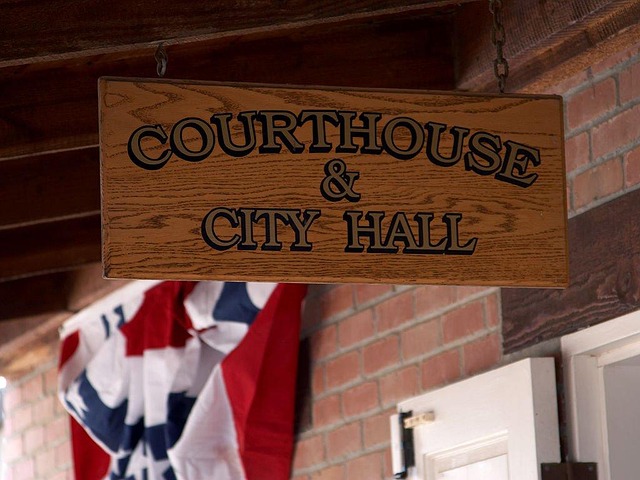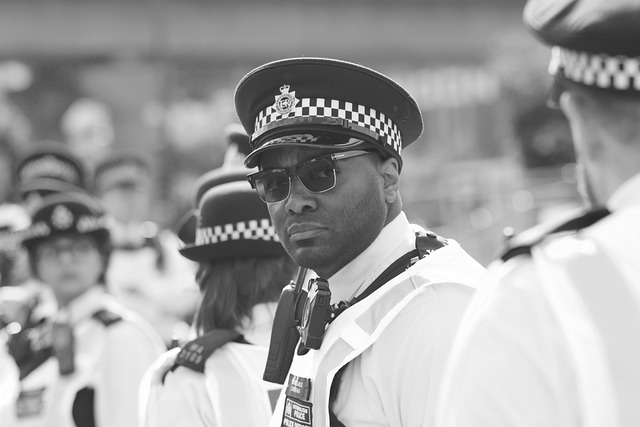Criminal law prioritizes defendants' rights through core principles like the presumption of innocence and burden of proof on prosecutors. Skilled legal representation uses evidence, witness testimonies, and precedents to ensure fairness in trials, crucial for white-collar cases. Cross-examination is a right, helping expose weaknesses in prosecution cases. Strategies include challenging constitutional rights violations, invoking the Fifth Amendment, and presenting reasonable doubt through character evidence or financial record analysis. The appeals process offers a second chance at justice, allowing re-examination of evidence and legal arguments. Understanding these rights and processes is vital for ensuring fair outcomes in defendants' criminal cases.
Delve into the intricate world of criminal law cases, where understanding fundamental principles is key. This comprehensive guide explores essential aspects, starting with a foundation of knowledge on criminal law and the presumption of innocence—a cornerstone protecting defendants’ rights. Learn effective cross-examination techniques to confront accusations. Discover strategic legal defenses ensuring fair trials. Explore the appeals process, demonstrating the pursuit of justice goes beyond initial convictions. Empower yourself with insights into defendants’ rights in criminal cases.
- Understanding Criminal Law Fundamentals
- The Presumption of Innocence: Defendant's Right
- Confronting Accusations: Cross-Examination Techniques
- Legal Defense Strategies for Fair Trial
- Appeals Process: Seeking Justice Beyond Conviction
Understanding Criminal Law Fundamentals

Understanding Criminal Law Fundamentals involves grasping the basic principles that govern cases involving accused individuals or defendants. In any criminal law case, the prosecution bears the burden of proving beyond a reasonable doubt that the defendant committed the alleged crime. This places significant importance on ensuring defendants’ rights are protected throughout the legal process. These rights include the right to remain silent, the right to an attorney, and the right to a fair trial by an impartial jury.
Defendants in criminal cases also enjoy the benefit of a robust defense strategy. Skilled attorneys can build winning challenging defenses, leveraging evidence, witness testimonies, and legal arguments to safeguard their clients’ interests. In the realm of white-collar and economic crimes, for instance, a well-crafted defense can often lead to favorable verdicts, demonstrating that even in complex cases, the principles of justice and fairness must prevail.
The Presumption of Innocence: Defendant's Right

In criminal law, one of the fundamental principles that safeguard defendants’ rights in cases is the presumption of innocence. This legal concept provides that every individual accused of a crime is considered innocent until proven guilty beyond a reasonable doubt. It places the burden of proof on the prosecution to present compelling evidence and secure a conviction. The presumption of innocence ensures that no person is convicted based on suspicion or mere probability but on substantial, irrefutable facts.
This right is crucial in maintaining a fair judicial system, especially as cases navigate through all stages of the investigative and enforcement process. It protects defendants from the weight of public perception and prevents an unprecedented track record of wrongful convictions. For instance, in white-collar defense, where complex financial crimes are at play, this presumption becomes vital, ensuring that individuals are not stigmatized for alleged transgressions until a thorough investigation and due process have been conducted.
Confronting Accusations: Cross-Examination Techniques

In criminal law cases, confronting accusations through effective cross-examination is a cornerstone of defendants’ rights. This strategic process involves questioning witnesses to uncover weaknesses in their testimony, inconsistencies, or biases. Skilled legal counsel employs techniques such as asking leading questions, challenging assumptions, and exploring potential motives to undermine the credibility of prosecution witnesses. By doing so, they aim to achieve a complete dismissal of all charges, especially in high-stakes cases where the stakes are high and freedom hangs in the balance.
Mastering cross-examination is key to ensuring a fair trial and achieving extraordinary results for defendants. It requires a deep understanding of both the law and human psychology. Lawyers must navigate complex legal issues while presenting their arguments coherently and persuasively. Through meticulous preparation, sharp questioning, and adept handling of witness responses, legal representatives can expose loopholes in the prosecution’s case, leaving jurors with reasonable doubt—a crucial element in criminal trials that can ultimately determine a defendant’s fate.
Legal Defense Strategies for Fair Trial

In criminal law cases, ensuring a fair trial is paramount for upholding justice and protecting defendants’ rights. One of the primary strategies in defending against criminal charges is to challenge any potential violations of the defendant’s constitutional rights. This includes the right to a speedy trial, protection from double jeopardy, and the right to effective legal counsel. Defendants may also invoke their Fifth Amendment privilege against self-incrimination, which can lead to evidence being excluded if obtained through coercion or without proper Miranda warnings.
Another crucial defense strategy is the exploration of reasonable doubt, where attorneys aim to cast doubt on the prosecution’s case by presenting alternative explanations for the evidence. This might involve character evidence to challenge a witness’s credibility, expert testimony to counter forensic findings, or cross-examining witnesses to reveal inconsistencies in their statements. For white-collar crimes, complex financial records and intricate business transactions can be analyzed to demonstrate an absence of criminal intent or provide grounds for a complete dismissal of all charges.
Appeals Process: Seeking Justice Beyond Conviction

The appeals process plays a crucial role in safeguarding defendants’ rights in criminal cases, offering an avenue for justice beyond the initial conviction. When a defendant feels their trial was unfair or that the verdict was incorrect, they have the legal right to appeal. This mechanism allows for a second look at the evidence, legal arguments, and procedural aspects of the case. The process involves filing a notice of appeal with the appropriate court, followed by extensive briefing and oral arguments.
Understanding the appeals process is vital for both corporate and individual clients seeking winning challenging defense verdicts. It provides an opportunity to expose errors in the lower court’s decision-making, clarify misinterpretations of the law, or demonstrate procedural shortcomings. By navigating this complex landscape, general criminal defense attorneys can ensure their clients receive fair treatment and a just outcome, even after an initial unfavorable ruling.
In navigating criminal law cases, understanding fundamental principles like the presumption of innocence and effective cross-examination techniques is paramount. The article has explored these key aspects, along with legal defense strategies and appeals processes, to ensure defendants’ rights are protected. By grasping these concepts, individuals can better appreciate the complexities of criminal justice and advocate for fair trials, ultimately upholding the integrity of our legal system.






